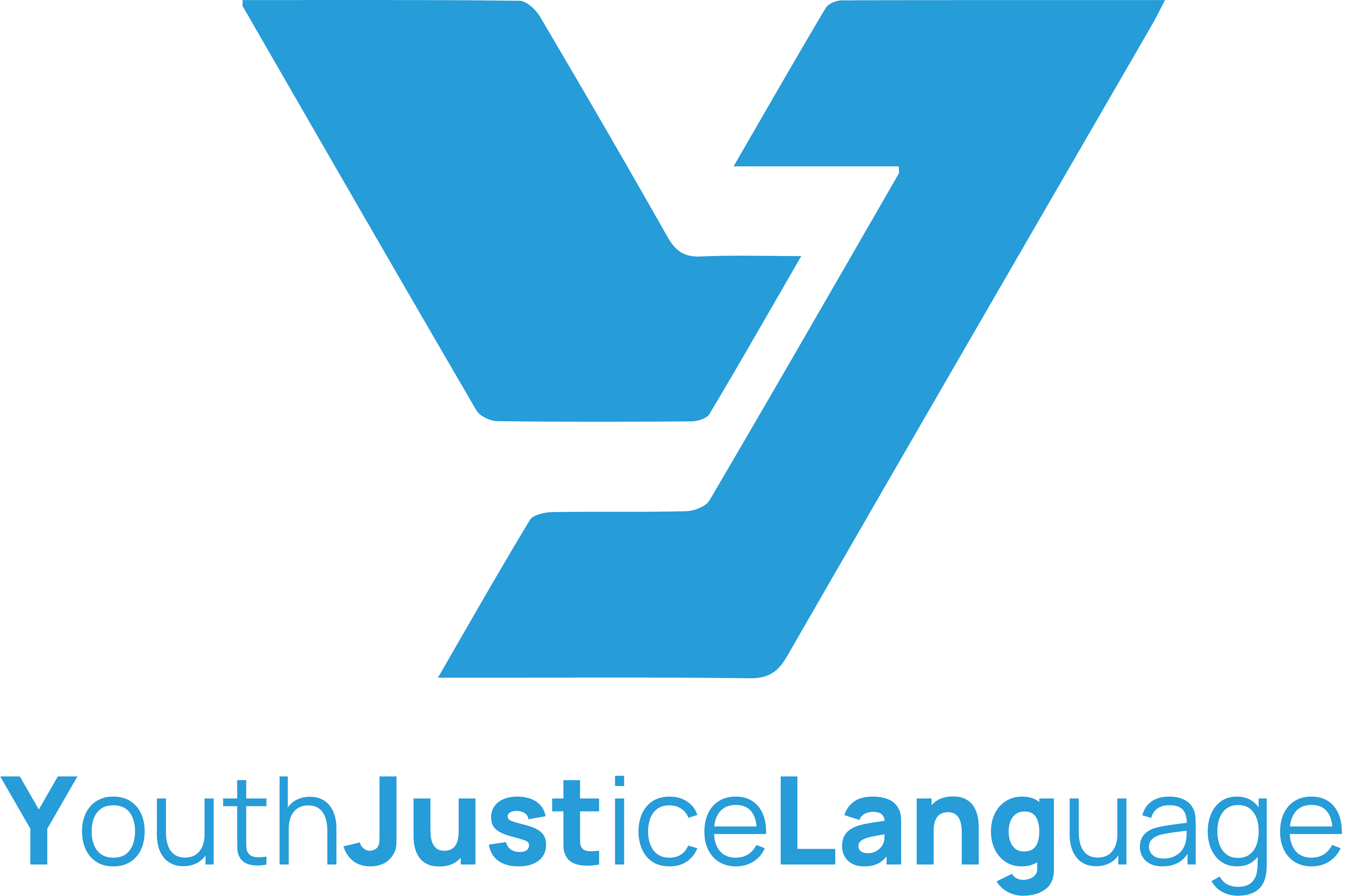Warsaw, September 2025
Training School on Language and Communication in Youth Justice – Neurodevelopmental Perspectives
Our Training School on Language and Communication in Youth Justice – Neurodevelopmental Perspectives was organised by our local host, Emilia Łojek, and her team.
The morning opened with Magdalena Borkowska (National State Agency for the Prevention of Alcohol-Related Problems; Adoptive Families Foundation, Poland), who introduced the multifaceted challenges surrounding Fetal Alcohol Spectrum Disorders. She outlined key factors shaping the quality of life for people with FASD and pointed to areas where coordinated support can make a meaningful difference.
Paweł Kozłowski (Pomerania University & Probation Center No. 1, District Court, Słupsk, Poland) and Justyna Kusztal (Jagiellonian University, Kraków, Poland) then examined communication within Polish youth justice proceedings. They identified critical points where misunderstandings can arise, influenced by legal, pedagogical, and relational factors. Although systems differ internationally, they emphasised that the need for clear, child-friendly communication is universal and outlined practical strategies for reducing language barriers and supporting minors in court.
The session concluded with Kamila Polišenská (City, St George’s, University of London, UK), who presented evidence on sentence repetition as a promising tool for identifying Developmental Language Disorder. Drawing on a meta-analysis of 46 studies and findings from the UK SCALES project, she showed that sentence repetition is efficient, culturally neutral, and diagnostically robust, while also reflecting broader aspects of language ability.
